Quality Assurance is a fundamental component of successful software development and delivery. While there are many approaches towards achieving this goal, these are the Best Practices that we follow and recommend at YourDworld and have proven to be successful across many customer engagements. Our Quality Assurance Circle is the center of excellence that outlines and maintains these standards and ensures that knowledge and practices are shared across our organization.
At YourDworld, Quality Assurance is not only about software testing. We actively participate in all stages of product development to ensure the best quality before the product is released.



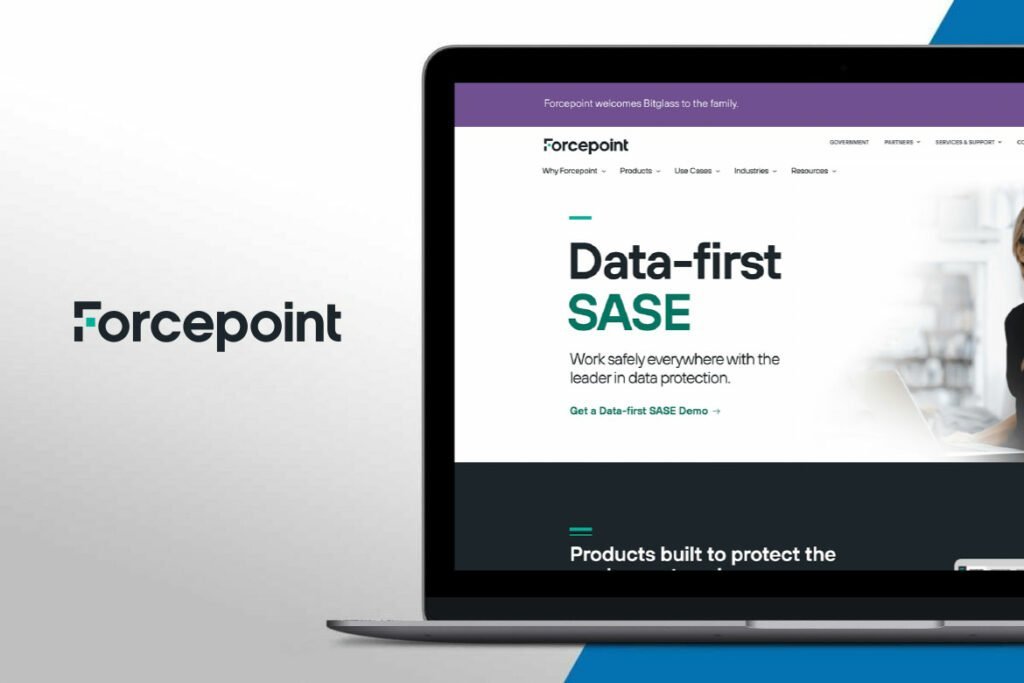
SMART VIDEO SOLUTIONS THAT SAFEGUARD YOUR ORGANIZATION Industry: Cybersecurity The Challenge Taking Web Development to…


CREATING A PLATFORM AS AGILE AS THE 24-HOUR GLOBAL NEWS CYCLE Industry: News Media…

SMART VIDEO SOLUTIONS THAT SAFEGUARD YOUR ORGANIZATION Industry: Security The Challenge Consolidate Complex Platforms…



EVOLUTIONARY IMPROVEMENTS DELIVER REVOLUTIONARY EXPERIENCES Industry: Visual effects, 3-D Animation Software The Challenge Lifelike…

TECH TITAN TRUSTS YourDworld FOR CROSS-PLATFORM QA Industry: Software The Challenge Delivering a Consistent…

MONITORING NUCLEAR SAFETY FROM ANYWHERE, 24x7x365 Industry: Nuclear Power The Challenge To Enable Nuclear…

DELIVERING PROFITABILITY IN TURBULENT TIMES WITH SPEED, FLEXIBILITY, AND DESIGN THINKING. Industry: Retail/e-commerce The…

NEARSHORING FOR FAST & EFFICIENT SOFTWARE SOLUTIONS Industry: Internet The Challenge An ever-growing market…

MAKING ENTREPRENEURSHIP ACCESSIBLE WITH MOBILE BUSINESS BANKING Industry: Fintech The Challenge Delivering fee-friendly banking…

Improving Reliability and Automation in Fintech Abra is the world’s first digital cash, blockchain-based…

Guaranteeing Scalability in a Healthcare Web Platform Although iterative and incremental development methods can…

Developing Innovative Tools in Business Consulting Sana Sano is a management and technology consulting…

Powering Consumer Affairs’ Projects with the Top 1% of IT Talent ConsumerAffairs is a…
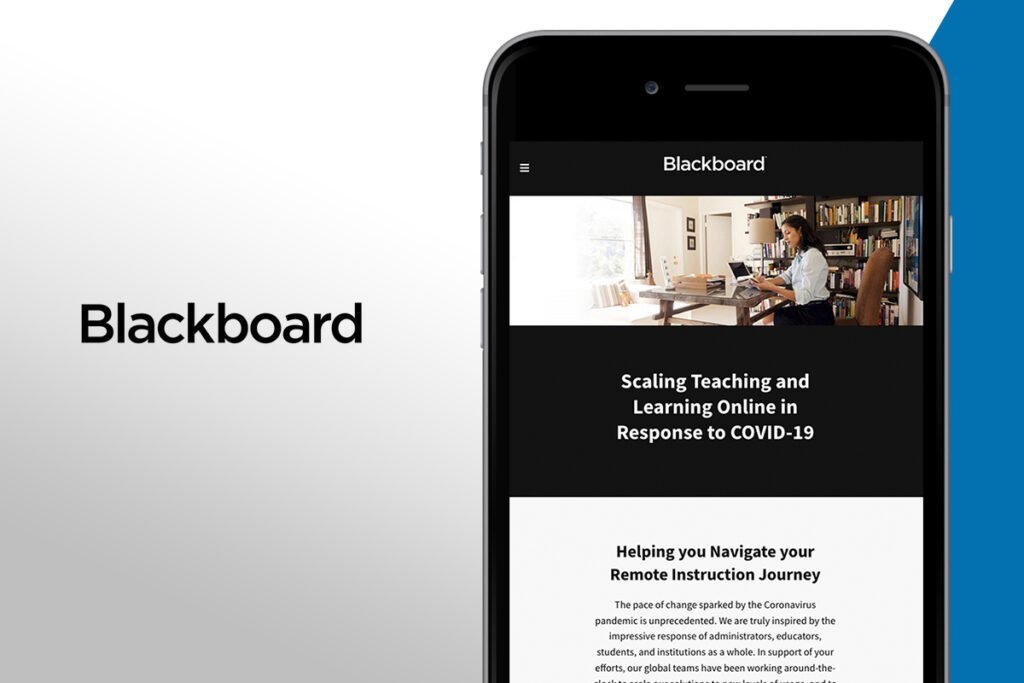
Powering e-Learning through Custom Software With more than 20 years in the virtual learning…
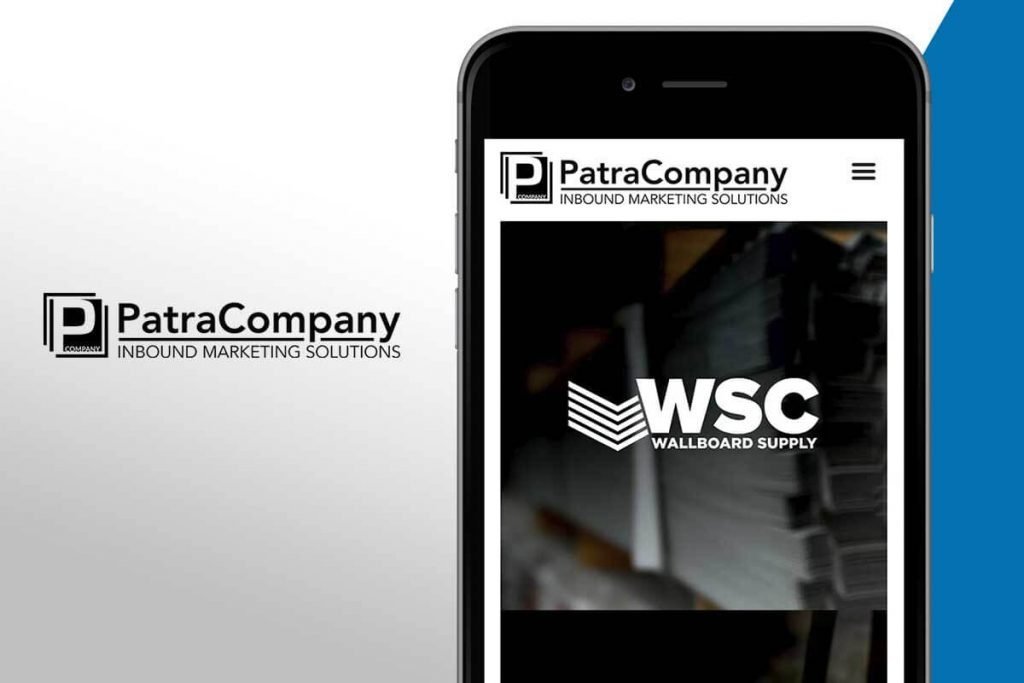
Facilitating Data Accessibility Through Custom Software Patra’s global team of experts delivers efficient, profitable…

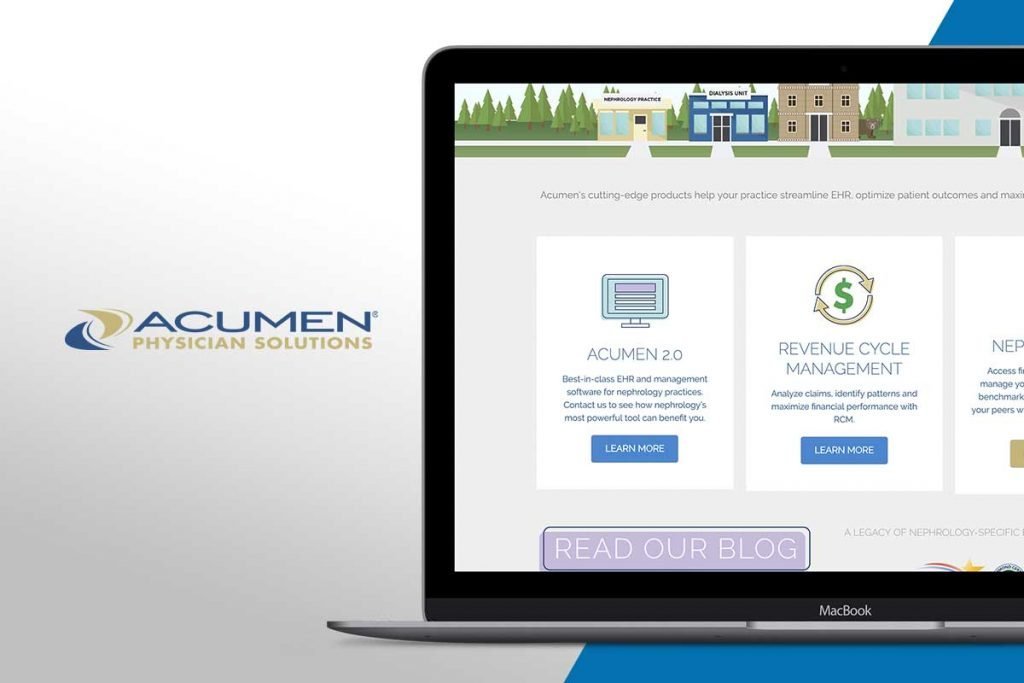
Comprehensive QA in Healthcare Technology Acumen develops solutions for physicians specializing in nephrology in…
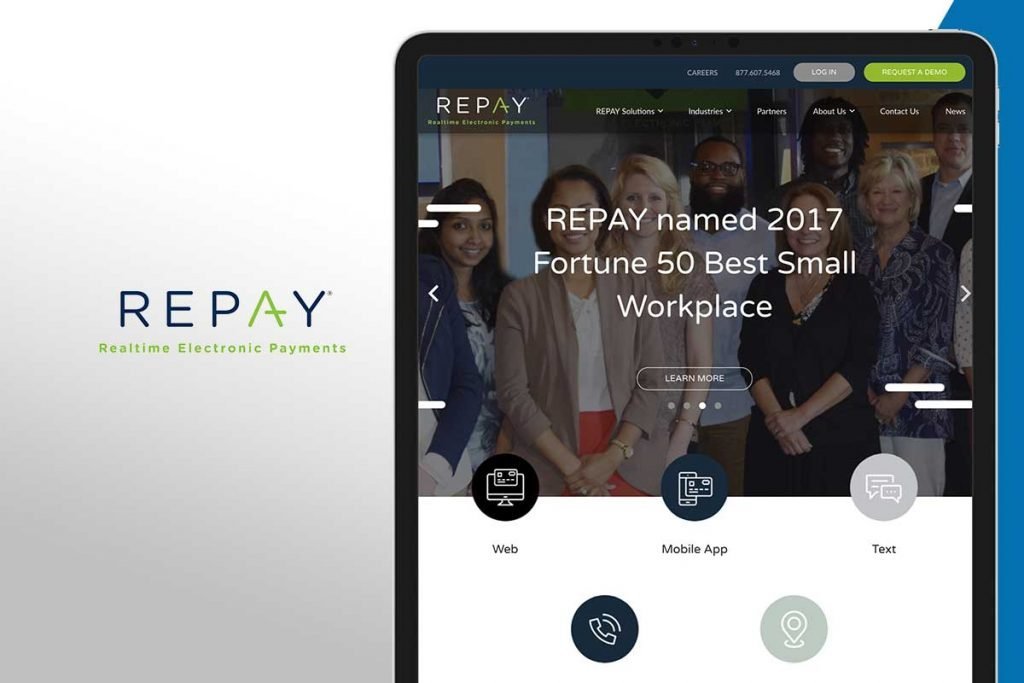
Maximizing Impact Through Custom FinTech Solutions Repay is an established payment processing services provider…

Developing a Next-Gen Integrated HR Platform Limeade is an employee experience software company that…

Migrating Complex Brand Marketing Applications Trone Brand Energy is one of the largest independent…

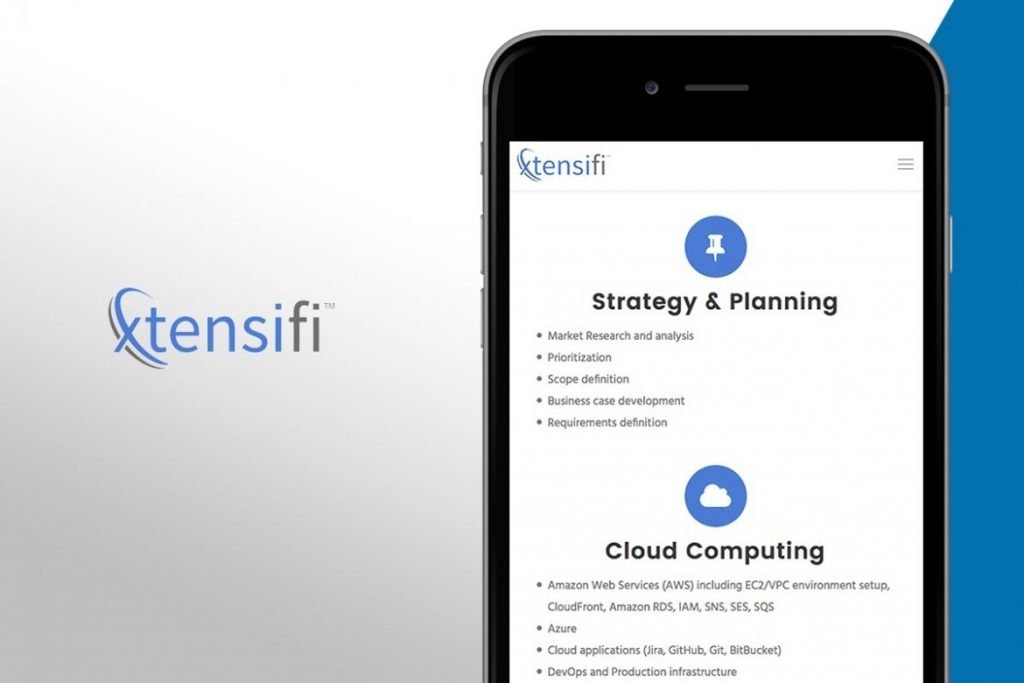
Developing Secure and Powerful Banking Software Xtensifi is a consulting firm with a unique…

Building Scalable and Reliable Travel Software For iSeatz iSeatz is a loyalty tech company…

Developing a Tailored-Fit Lead Generation App Swordpoint is an Atlanta-based technology company that delivers…
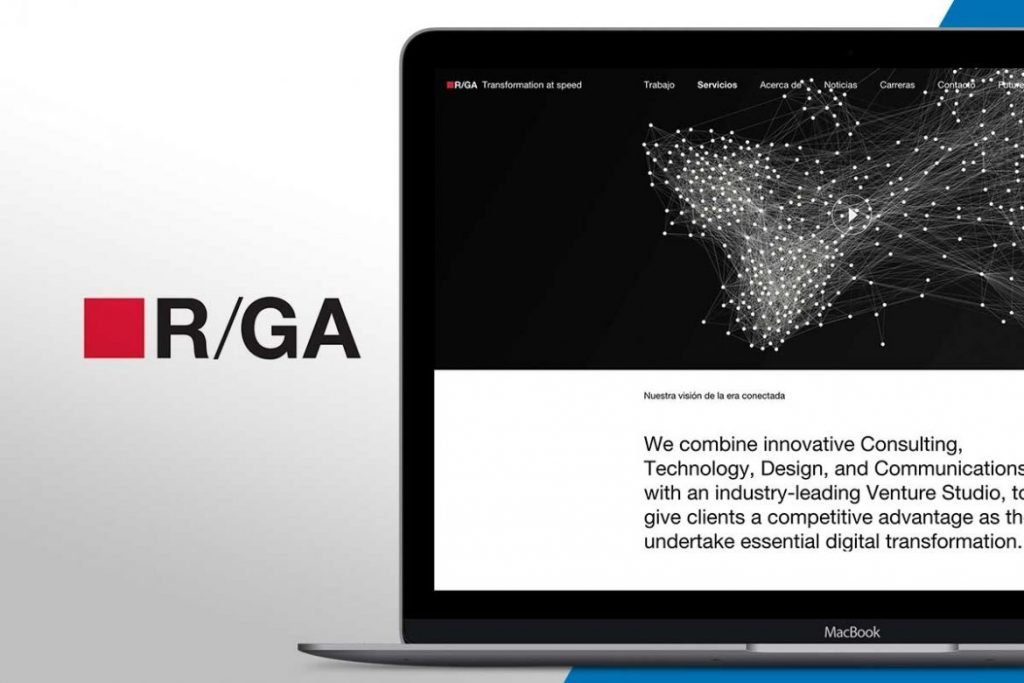
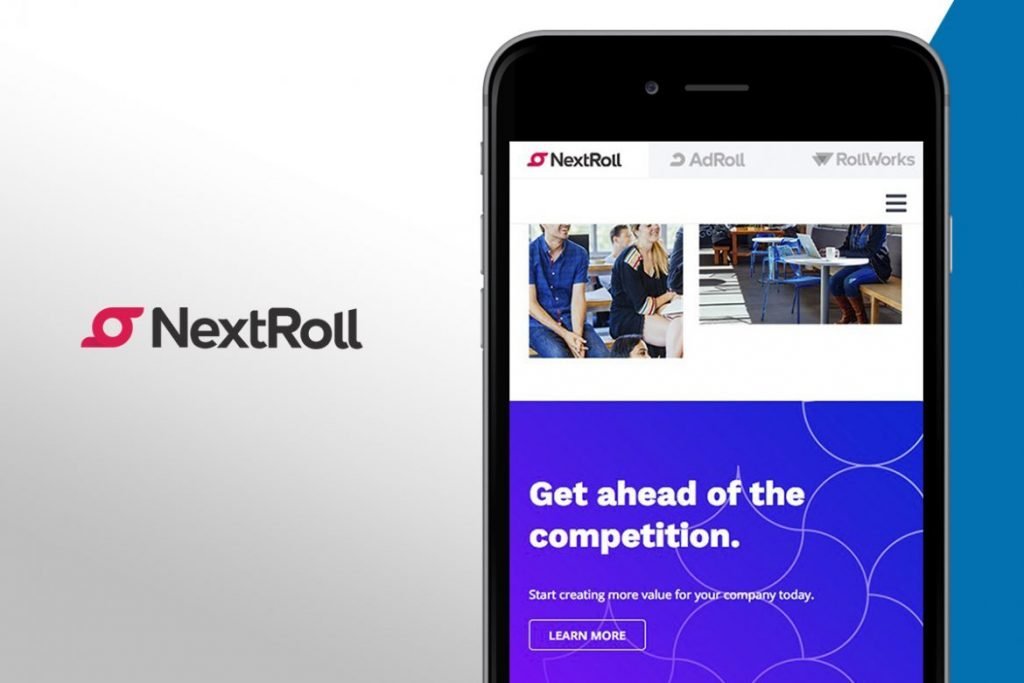
Implementing Custom Software Solutions in MarTech Ever since the Internet took the world by…

Custom Cybersecurity Solutions in Mass Media Thomson Reuters Corporation is a multinational media conglomerate…

Custom Mass Media Software & App Development Univision is the leading media company serving…
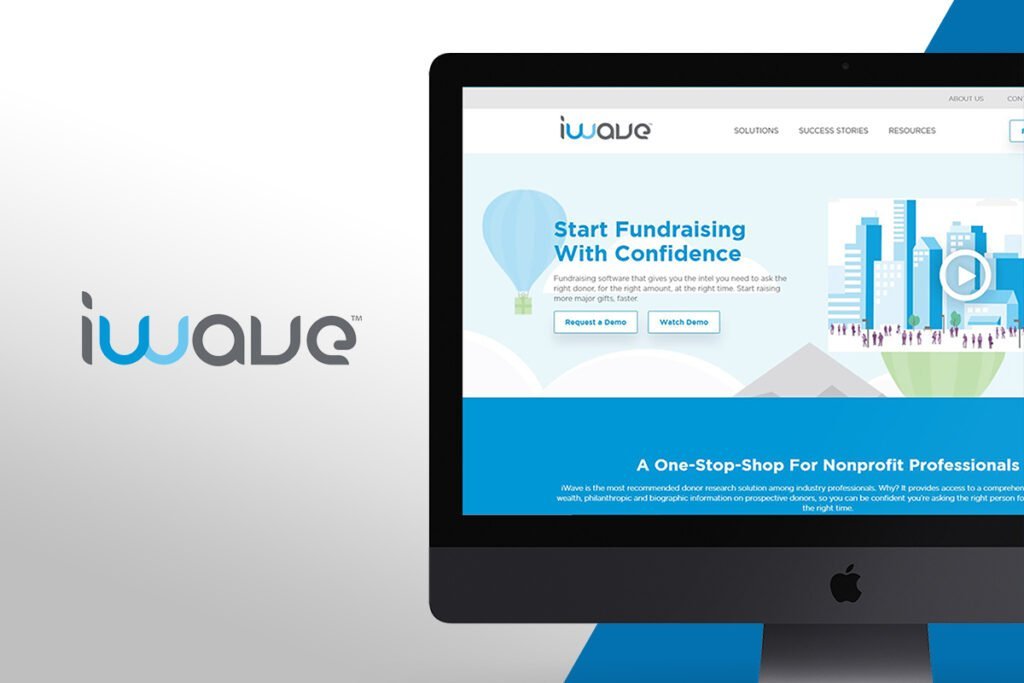
Developing a Next-Generation Fundraising Platform iWave compiles the wealth, philanthropic, and biographic data needed…
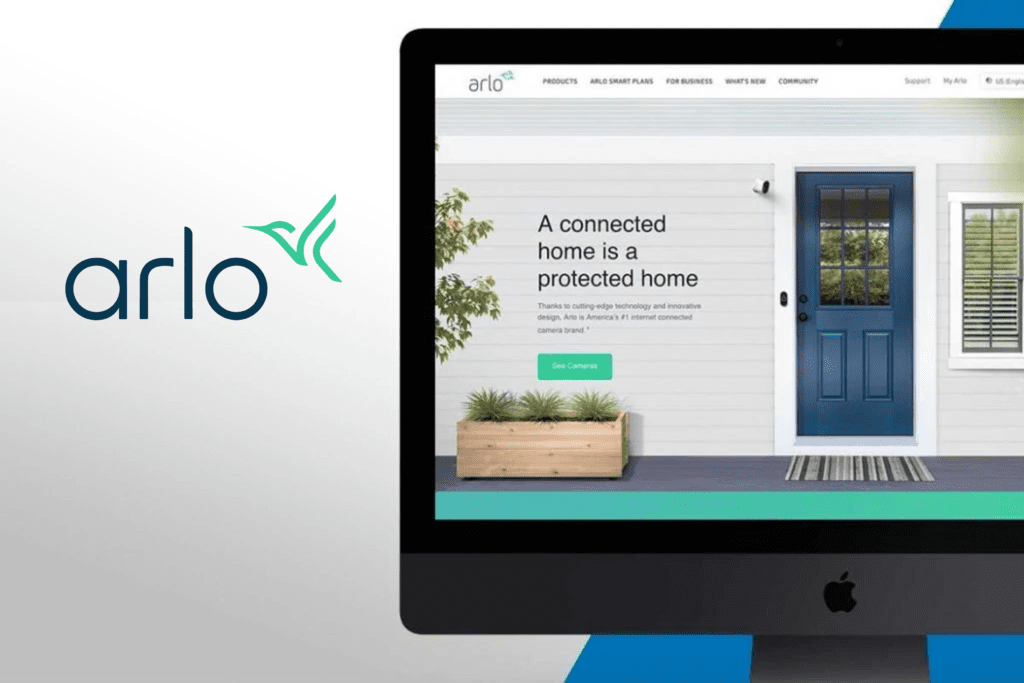
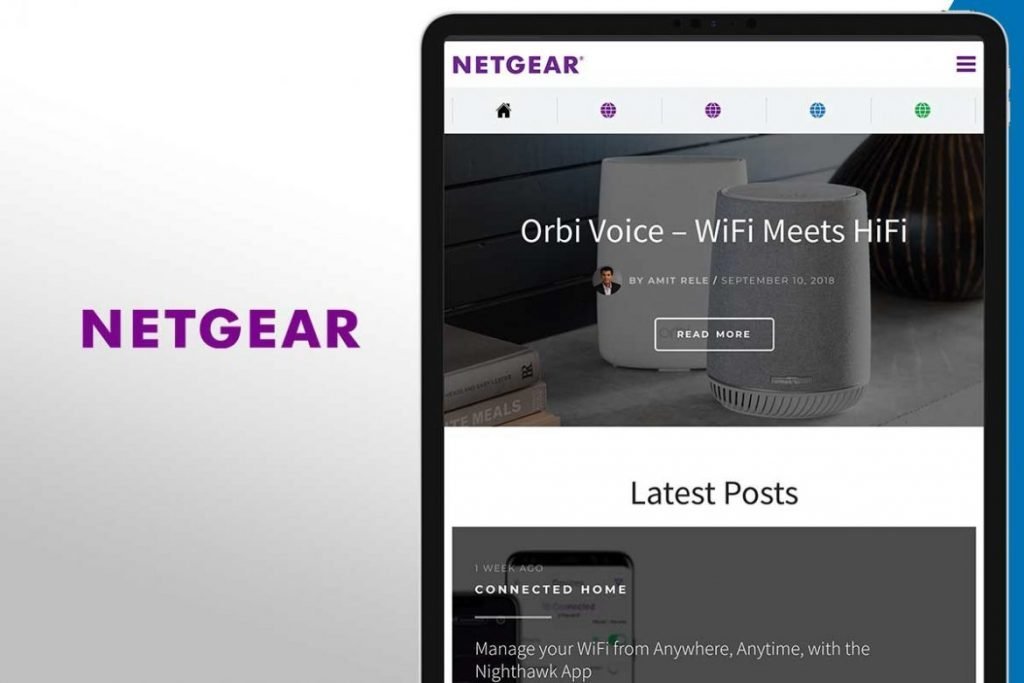
Custom Software Development in Networking NETGEAR designs innovative, branded technology solutions that address the specific…

Strengthening IT Infrastructure Through QA LivingSocial is one of Groupon’s marketplaces, a leading website…

Expert Maintenance Services for Worldclass Platforms ViacomCBS is a leading global company that delivers…
QA services give your company full control over all quality aspects from a software application. This makes it easier to evaluate the product’s compliance with the original requirements as the project progresses and provides valuable insights into end-user impressions of the product.
In essence, the role of a software QA company is pretty simple: to push the limits of an application in various directions and provide businesses with valuable insights that lead to higher-quality products. In other words, outsourced QA testing services create the best possible product for your customers.
This is done through meticulous and creative processes that check multiple times for any errors, weaknesses, and points of failure. A great software QA tester will continuously put the product through its paces to reveal hidden data regarding its performance and the experience it offers. This generates actionable insights for businesses to understand and improve their products.
Outsourcing QA services is the most efficient way to access world-class testing services provided by the best QA software engineers available. In the current market, companies often outsource quality assurance to reduce labor costs, boost business performance, and gain immediate access to expert staff.
Quality Assurance is comprised of a series of activities and methods implemented throughout the entire product life cycle to assure utmost efficiency of the development process. The software is developed according to defined specifications. In other words, it is a thorough, systematic, and necessary approach to testing that focuses on preventing bugs and looking after the overall final product quality so that it meets customer expectations.
On the other hand, Software Testing involves different processes to identify quality, security, and adequate system operation. These checkups assure software functionality and allow you to fix any potential issues. QA engineers define testing protocols and software testers adhere to them, searching for issues before the product is released to market.
It is common for in-house staff to lack the time or resources needed to implement the required comprehensive testing. This is why various companies rely on software testing & QA outsourcing to improve the quality of their products and place their trust in the expert opinion of specialized professionals.
Software QA outsourcing should be a strategic decision for your business. There are numerous benefits when outsourcing QA testing that range from reducing costs to increasing the quality of your product. Some other benefits include:
Quality assurance (QA) services encompass the processes and practices to ensure that products being developed reach an established quality threshold. The main goal of QA services is to increase the efficiency of development processes by constantly improving on them.
For any software development company, QA services mainly mean using extensive software testing to ensure that applications are as free as possible from bugs and vulnerabilities. It’s important to note, though, that QA services aren’t just about bug fixing – they also contemplate the implementation of best coding practices that produce less bugs in the first place.
Thus, QA services also analyze the development process as a whole and in detail to find opportunities for improvement.
Functional testing refers to the group of tests conducted to check whether the application meets all the requirements as specified by the product owner. Functional testing uses black-box testing techniques, meaning that the tester is only concerned with seeing if the application works as intended without caring about the internal system logic.
The objective of functional testing is almost always getting a bug-free application with a good user interface. That’s why this type of testing includes (but is not limited to) checking data input, expected output, user interface performance, and overall stability, among others.
Functional testing can be divided into specific tests, each of which covers a specific portion of the application. Those tests include:
• Unit Testing. Engineers test the components of the application and each unit is individually tested.
• Smoke Testing. Includes tests that verify whether the critical functionality of the application is working fine.
• Sanity Testing. Developers use this test when they receive a build with minor modifications to see if those small changes have caused new bugs or not. It often focuses on specific functionalities.
• Integration Testing. This test is about checking how the individual components perform when interacting with one another. Integration tests are usually automated.
• Regression Testing. Analyzes all functionalities of the application after changes in code, bug fixes, new features, and updates. It’s more comprehensive and in-depth than sanity testing.
• User Acceptance Testing. Last phase of the software testing process, the UAT is performed by the application users to make sure that it can handle real-life scenarios and that it meets all requirements.
A QA assessment is an expert evaluation of application lifecycle practices from a QA and Testing standpoint. Expert QA engineers analyze the process to identify weaknesses and opportunities for improvement. The main objective of a QA assessment is to suggest enhancements that improve the development process’ efficiency while ensuring continuous delivery of quality products.
A normal QA assessment includes some of the following:
• Business analysis
• Architecture analysis
• Development Lifecycle evaluation
• Test processes evaluation
• Metrics evaluation
• Risk assessment
The end result of a QA assessment is a detailed report with recommendations for improving the overall development process along with a proposal for a successful implementation of those suggestions.
A QA assessment is a recommended practice for companies struggling with their development processes, that aren’t capable of building quality products, or that are failing to meet development deadlines.
Functional testing covers many types of tests but its overall goal is to ensure that the application’s functionality meets the business requirements established at the beginning of the project. To do so, functional testing usually takes two different routes: positive testing and negative testing.
For example, functional testing of a spreadsheet application will involve checking all of its functions, including creating and saving new sheets, opening and editing new ones, using different formulas and formats, exporting to new file formats, and printing, among other things.
The positive functional testing of that application involves using the expected inputs to check whether the application provides the expected outputs. In the example, this might mean testing if the spreadsheet program is capable of exporting an existing sheet to a new format and into a specified location.
The negative functional testing means disrupting the inputs to see how the application reacts. Following the exporting example, the testing engineers might try to save the exported sheet to an unavailable location to see if the program handles the disruption correctly.
Functional testing is usually performed by QA engineers and testers that work alongside the development team throughout the project’s progress. It can be a single person that’s responsible for the functional tests and their application. However, the most appropriate approach to functional testing is to make software engineers take part in functional testing as well.By doing that, the QA engineer isn’t the only point of failure of the team when it comes to QA, as the entire team takes part in functional testing.
Additionally, it’s important for QA teams to get serious about test automation. This minimizes the amount of manual testing while covering as much in unit and integration testing as possible. This expedites the work while providing reliable results and, ultimately, increasing the product’s end quality.
At YourDworld we can develop your product from start to finish, or handle individual segments of the process for you. We offer world-class software product development services from requirements and systems analysis, architecture and design to development, testing, migration, and deployment.

Get insights from the experts on building and scaling technology teams.